Chairwoman Lisa Cupid and Commissioner Jerica Richardson share their journey, from growing as undergraduate students at Tech to breaking glass ceilings in local government
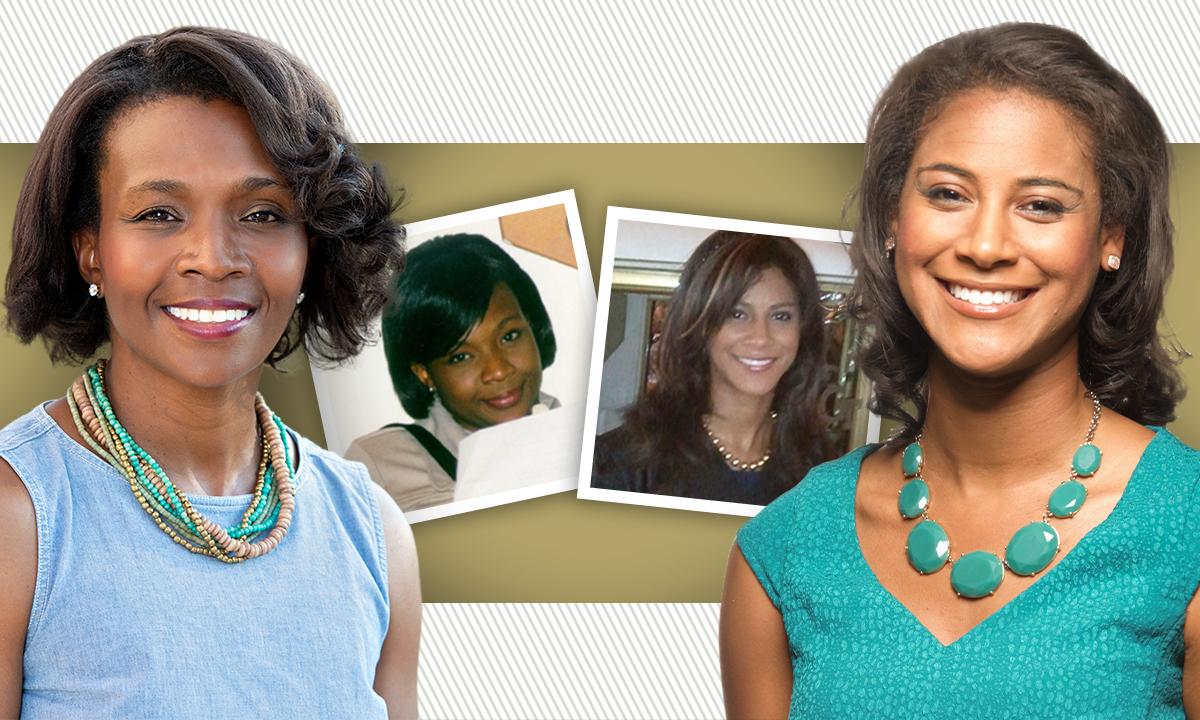
In January 2021, Tech alumnae Lisa Cupid and Jerica Richardson were sworn in to serve on Cobb County’s Board of Commissioners. After serving as a Cobb County Commissioner for eight years, Chairwoman Cupid was elected as the first Black woman to be sworn in as a Chair for the county. Commissioner Richardson is currently serving as a first-time commissioner, representing District Two. Joined by three other women, this marks the first time all five Cobb County Commissioners are female.
The College of Engineering sat down with the commissioners to chat about their experience at Tech and their path to public service and government.
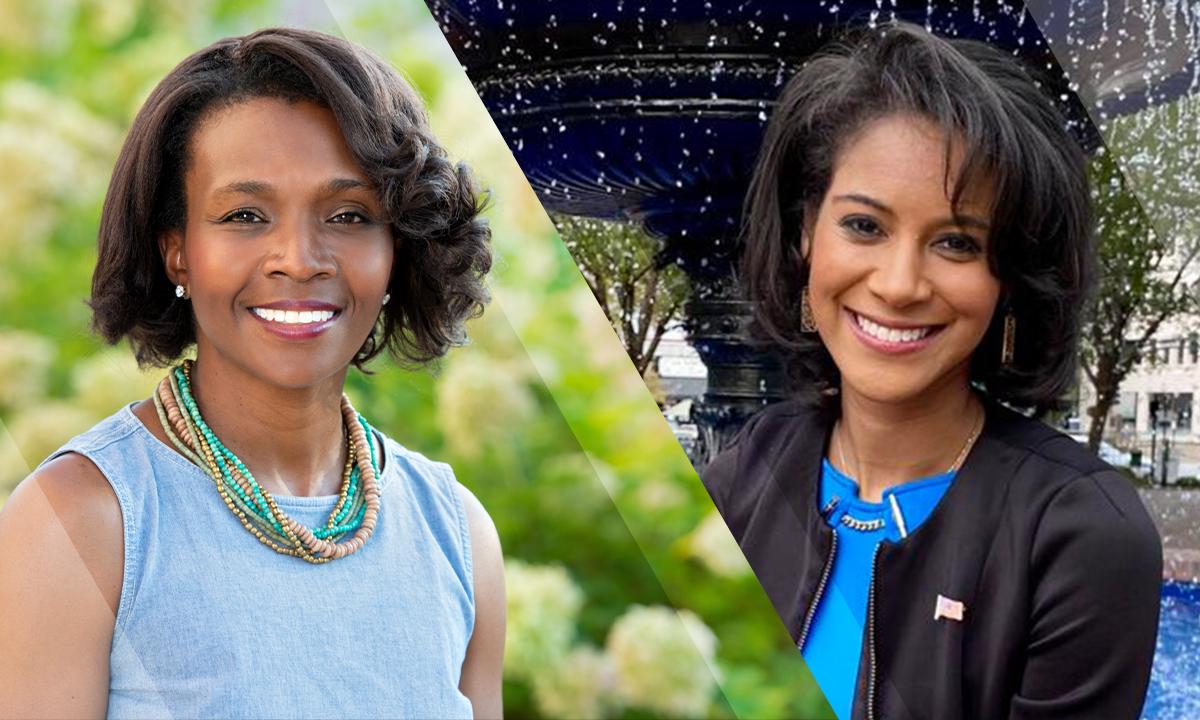
Q: How does your background in engineering help you while working in government today?
Chairwoman Cupid: One of the initial things that you learn as an engineer is to think “why” five times. When first seeing things at their face value, you want to research them and understand things. That engineering side is great — it allows me to think methodically, especially since I have a legal and policy analyst background. There are certainly ways you can dissect the matter, but I think this general curiosity of things and knowing that there could be many reasons as to why something occurred is something that's really fostered at Tech. In engineering, there is an appreciation that, yes, there could be something formulated, but there could also be many other reasons why something is the way it is. Not being afraid of having those discussions is important. I think sometimes there's a fear of how far or how deep a matter can be, but sometimes they just are that way, and I think engineering helps me to at least appreciate that.
Commissioner Richardson: For me, engineering was always about questioning the assumptions. With regards to Covid-19, this definitely comes up with the types of questions that I asked using my biomedical engineering degree. It's easy for me to talk to some of our scientists that are on the front line looking at vaccines and ask what the different options are and what the real efficacy values are. Especially comparing epidemiology as a biomedical engineer — I love it because it gives you a different perspective with regards to how you can make policy around it, or even how you can educate others about it in terms of different populations. Also, I did pick up coding, so software engineering comes in handy all the time. When it comes to some of our broadband initiatives, concepts like smart communities or even some of the engineering things that come across, they're all opportunities to ask really good questions as an engineer.
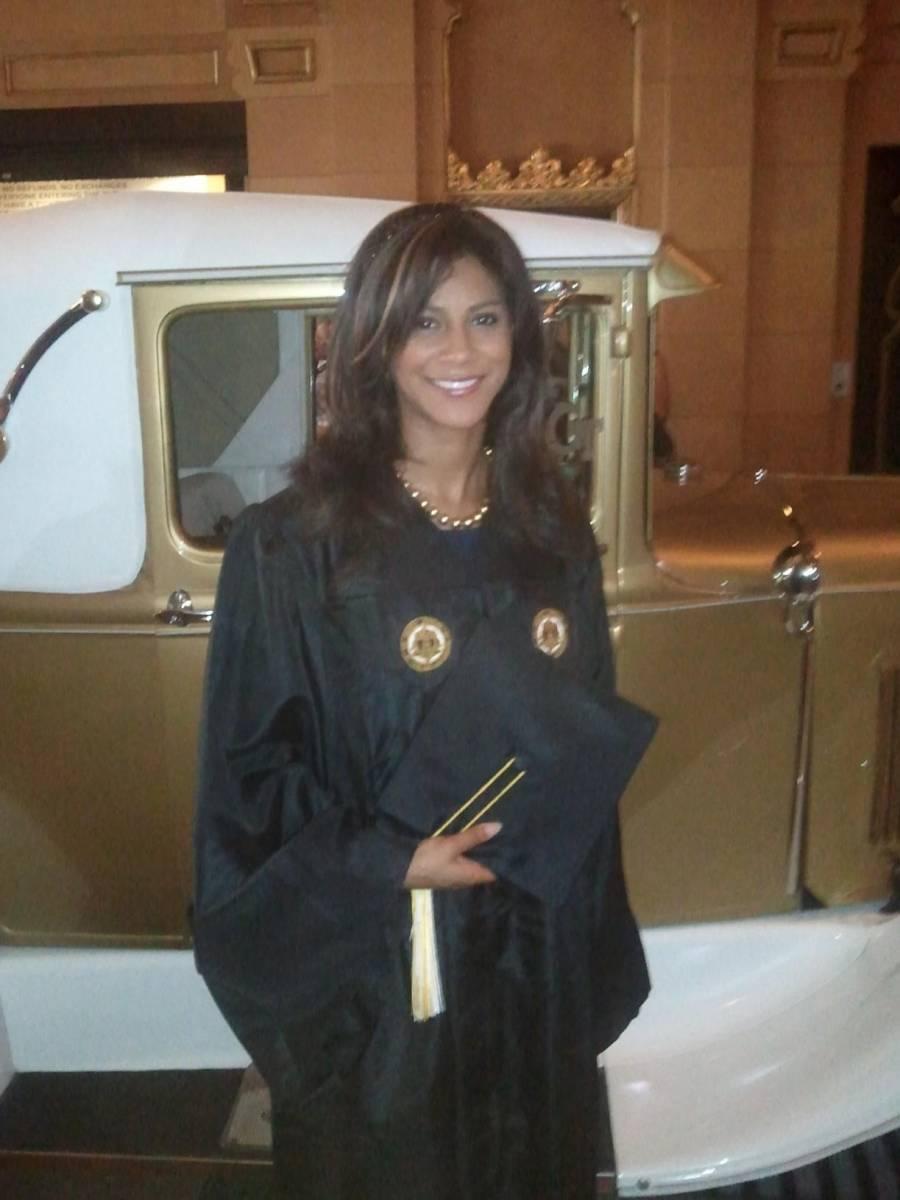
Q: What does it mean to you to be part of a group of commissioners that, for the first time ever, is made up entirely of women?
Chairwoman Cupid: We certainly have made history, and it is empowering to be on a board where everyone has a voice, has a respected vision for their community, and is valued. I know each and every commissioner is helping to inspire other women and girls to see themselves as leaders, whether in the community, the classroom, or companies where they work. Still, I recognize there is some pressure on us to not just lead, but lead well, based on the preconceived notions that women are less than capable. That inspires me to do my best and support other commissioners when they rise to and surpass the occasion.
Commissioner Richardson: I think there are many who simply want to see if it works since it is not a common occurrence in politics.
Q: What was your experience like as a young woman in engineering at Tech? Did you face any challenges?
Chairwoman Cupid: I would like to think Georgia Tech was a challenging academic environment for all students. Perhaps that is what connected all students. I didn't feel any particular disadvantages until there were group projects, and I had to be more assertive in leading in certain aspects of the projects. And this perhaps was a precursor or preparation for the working world, where women have to be able to stand firm and confident in the contribution they make to their organizations. Like Tech, in the workplace when people see the value that you bring, doors open, and I have had a lot of opportunities to lead both as a student and as an engineer, where I was quickly placed into a fast-track leadership program.
Commissioner Richardson: It was everything one would expect being an anomaly, but there was also a certain amount of pride that came along with being a female at Tech in engineering. It doesn't necessarily "meet the expectations" of others, so it usually presented a platform for others to listen.
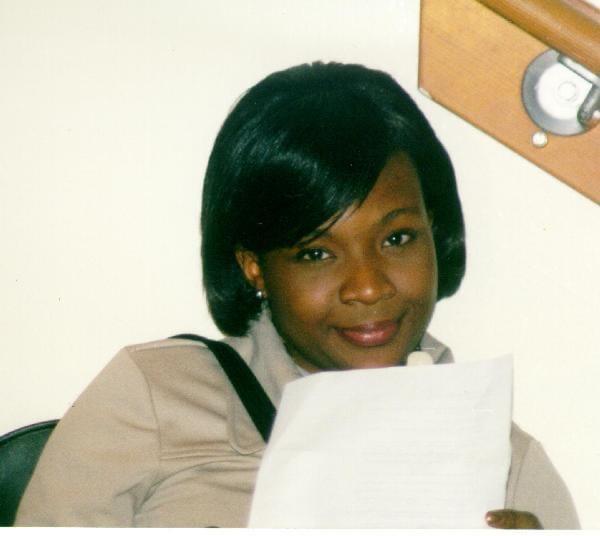
Q: What inspired you to run for office and work in public service?
Chairwoman Cupid: My interest in running for office initially had to do with me seeing some general opportunities in this part of the county compared to other areas of the county. At Tech, and even prior to Tech, I was always involved in different leadership and community activities especially as an engineer. I had one supervisor encourage me to get involved in the community. So, it was just a natural progression as I saw things around me to step up and start asking questions about various aspects of my community. After having my children, two boys that are 10 and 12 years old, I thought that if I don't get involved and do something more than what I had been doing in the community, our community might not be any different when they get older. That prompted me to run, and I have been very honored and blessed to serve and to grow in this role and to help Cobb County grow.
Commissioner Richardson: At Tech, I did have one professor specifically. I was very competitive, and in that class I was on a very competitive team, but this particular professor gave no A’s at all. So, my team decided, “Alright, we're going to get an A from you.” Eventually, we did, but the way that he would assign the grades is by calling you into his office individually and telling you what grade he was going to give you. So, one day, I go in the room, and he looks at me and said, “I'm going to give you a B.”
I asked why, and he said, “Because I don't want you to go to medical school. You need to be in politics.” Now, that was not a good thing, but I did make him donate when I ran for office. You do encounter all kinds of interesting things that come out of people's mouths, but those are always opportunities to grow your character. Don't ever doubt your own ability or being your own, just push forward.
"I thought that if I don't get involved and do something more than what I had been doing in the community, our community might not be any different when [my sons] get older." - Chairwoman Lisa Cupid
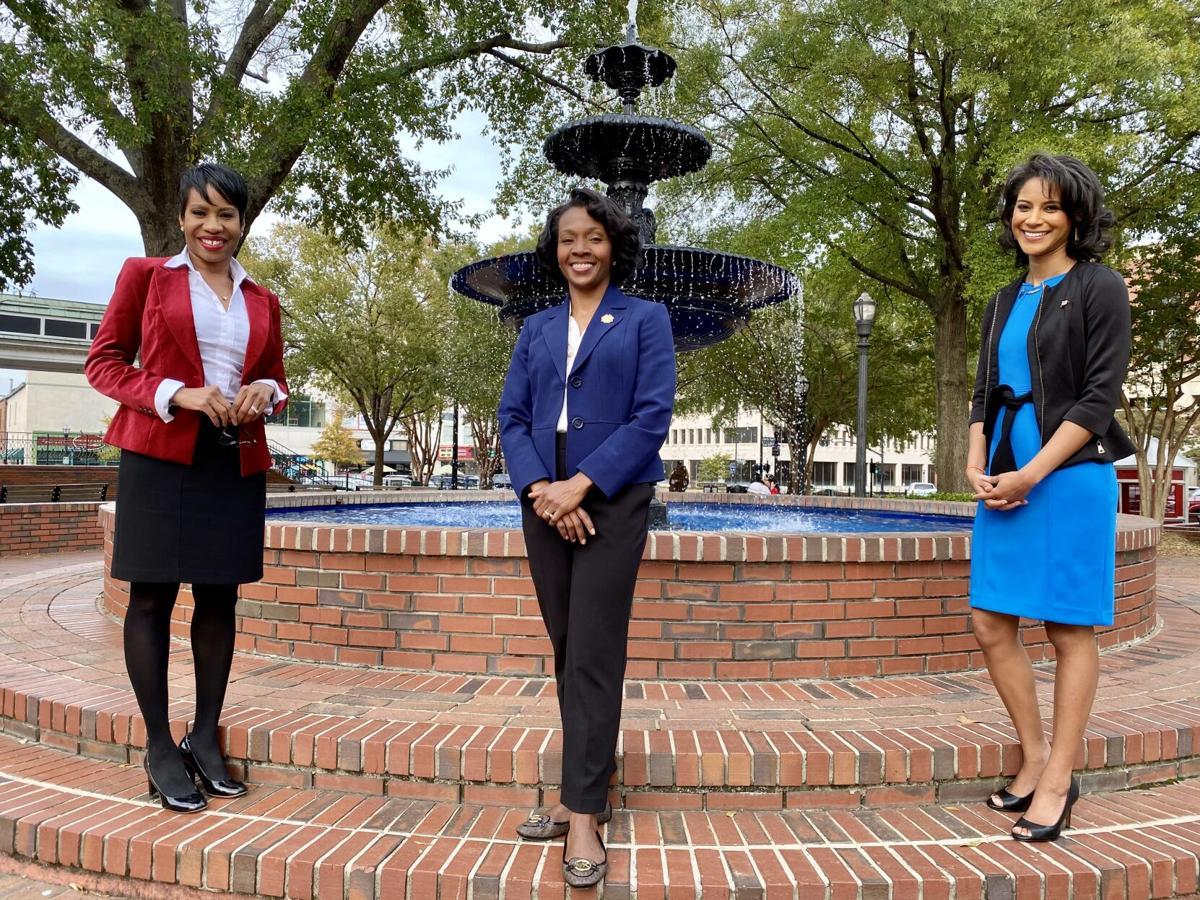
Q: What has it been like to be a female elected official? Did you experience any difficulties on the campaign trail because of your gender?
Chairwoman Cupid: I have been in so many circumstances where I have been the only African American or woman in the room or even the youngest in the room, I don't know if I can objectively evaluate all the nuances of what it means to lead as a female elected leader. I am convinced that if women are working in our communities, serving alongside men in our organizations, it should not be an anomaly for women to aspire to lead in the spaces to which they have contributed. If and when I face any difficulty, whether in serving or running for office, I typically perceive it as something that can be overcome. Sometimes it requires having a candid conversation or demonstrating knowledge about the substantive matter at hand. Sometimes direct inquiry about gender or race is needed. I tend to find the sooner you can confront issues, head-on, the easier they are to address and again overcome.
Commissioner Richardson: I've spent quite a bit of time studying the cultural barriers that exist due to gender, and so upon a new situation, it's a matter of navigating it. You are more likely to be ignored, disrespected, told that you should dim your light, told to be more "like a female," amongst some other barriers that exist. Most of these are expressions of culture, and in campaigns, there are many ways to navigate the landscape or establish a certain balance of assertiveness. This dual nature requires a bit more energy, but the world of politics is full of navigating such minefields.
Q: What advice do you have for other young women who are aspiring engineers or government leaders?
Chairwoman Cupid: I think I'm a strong person, but I don't step out to lead. I usually observe, and then I find my place. In college, there's so much of your own person that you're developing, and you’re learning how to be strong. However, it's the rigor of Tech, it's learning how to be firm, that really enables you to pursue anything afterwards. I remember having opportunities to do different things after graduation, and one person hired me to work in a nonprofit, business-oriented sector. I told him that I don't have any experience in this area, and he just said, “You went to Tech, you're prepared.” And it really did prepare me. It's one thing to learn some technical aspect, and another to learn about yourself and how you can succeed in a specific kind of environment, but you will be prepared.
Commissioner Richardson: When I was 16, Hurricane Katrina hit New Orleans, which is where I’m from. I was on a great trajectory with high school, but then one day, I'm on someone else's sofa, and we're bouncing from hotel to hotel, and my parents are suddenly unemployed. So, when it was time for me to go back to school, the school couldn't find any of my grades, and they just gave me random grades. There were a lot of lessons in that transition period. Then, when it came to Georgia Tech, I was actually accepted because of a weather theory that I created and wrote about, because at that point, my “grades” were not really even my grades — they were just enough to qualify, but it wasn't representative of what it was that I was doing at that time. It really taught me the idea that it's not what accomplishments you have at a certain point in time — all of that doesn't matter —it's what you do with the time that you have in that moment. It's what you do in that moment, not the actual accomplishments, or the titles, or the grades that come along, because that disappears with the water, and then you have to reinvent yourself every time.
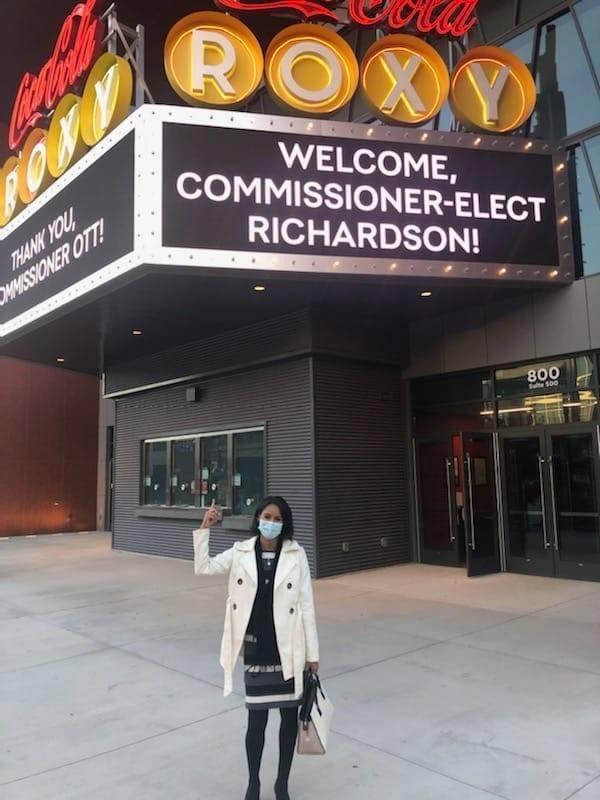
Educational Background
Chairwoman Cupid graduated from Tech in 2000 with a degree in Mechanical Engineering before earning her Master of Public Administration and Juris Doctor from Georgia State University. Commissioner Richardson graduated from Tech in 2012 with a degree in Biomedical Engineering on a pre-med track and earned a certificate in pre-law.
Interview conducted by Janat Batra